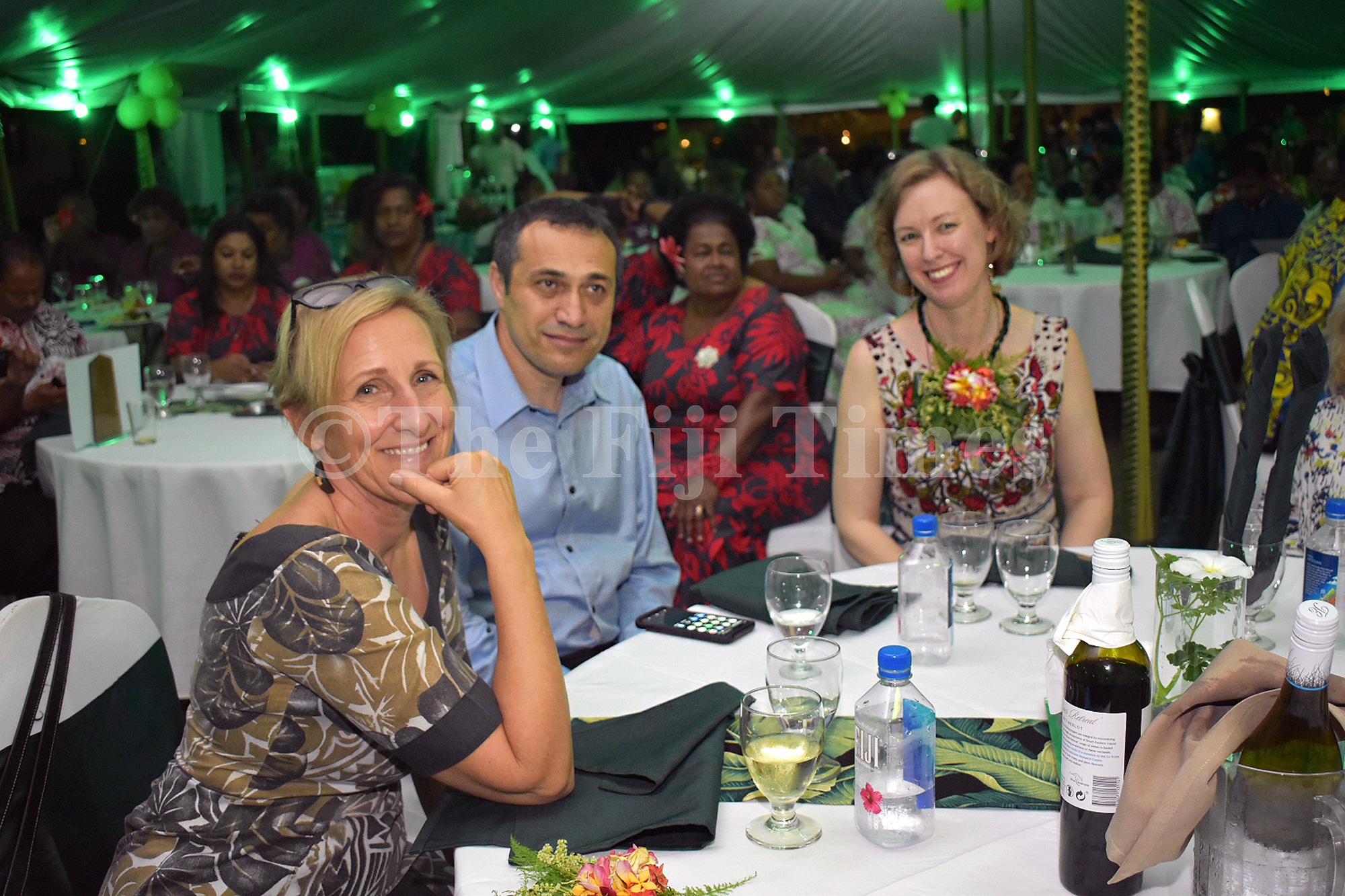Minister for Local Government, Premila Kumar, the Australian High Commissioner to Fiji, John Feakes and Sandra Bernklau, the Representative of UN Women joined other stakeholders from municipal councils and market vendor associations at a validation workshop to discuss plans for a second phase of the Markets for Change Project for Fiji.
Markets for Change supports women’s economic empowerment in the Pacific.
Markets are essential spaces for women’s livelihood creation, income generation and food security.
70 to 90 per cent of market vendors are women and the project recognises the critical role of women in the informal economy and their economic contributions to their families, communities and nations.
Markets for Change is implemented by UN Women in partnership with UNDP and the Governments of Australia, Canada and New Zealand.
The Markets for Change validation workshop was one of the final steps of a consultation process towards the planning of Phase II of the Markets for Change project.
Phase I of the project started in 2014.
Kumar whilst addressing the workshop participants acknowledged UN Women for its commitment to see that the next stage of development projects was designed, planned and implemented in line with national policies.
“I congratulate all of you on the great work, partnership and achievements of Phase I of the Markets for Change project. Thank you, UN Women, for a project like Markets for Change that supports the welfare, capacity and livelihoods of people in the informal sector in a comprehensive way,” said the Minister.
Kumar added that the Fijian Government was committed to supporting the informal sector and projects such as Markets for Change.
“The project’s first phase which started in 2014 will conclude in June this year. During the course of the project, we have seen the formation and growing strength of market vendor associations, we have experienced the vigour of collective voices and we have realised the crucial role of women’s leadership at the market level.”
“The Municipal Councils received much needed assistance to improve and enhance market infrastructure and in some cases, entirely new markets were supported, for example, the Rakiraki Market. This market has lifted the standard of market infrastructure and we look forward to future projects that provide vendors and consumers with a great place for social and economic change. A place which is clean, safe and secure,” the Minister stated.
“Australia is pleased to join other Government and development partners to make marketplaces in Fiji and other Pacific Island countries safer, more inclusive and non-discriminatory,” said Australian High Commissioner to Fiji, John Feakes.
“Markets for Change has increased the leadership capabilities and earning power of women market vendors. We look forward to seeing the second phase of the project support a wider range of markets, including roadside markets and small micro-enterprises. The success of Markets for Change is evidence of the great things we can achieve when we work together.”
“Markets for Change Phase II is more relevant than ever given the impact of COVID19 on the livelihoods of women and their families in Fiji and the Pacific,” Ms Bernklau said.
“This workshop is a key step to all partners planning together towards continuing support for women’s economic empowerment in Fiji and the Pacific.”
The Markets for Change project is a multi-year, multi-country initiative that promotes gender equality and women’s empowerment by supporting safe, inclusive and non-discriminatory marketplaces in rural and urban areas of Fiji, Solomon Islands and Vanuatu.
The project is implemented by UN Women and UNDP. It is primarily supported by the Australian Government and expanded to include the Governments of Canada (2018) and New Zealand (2020).



